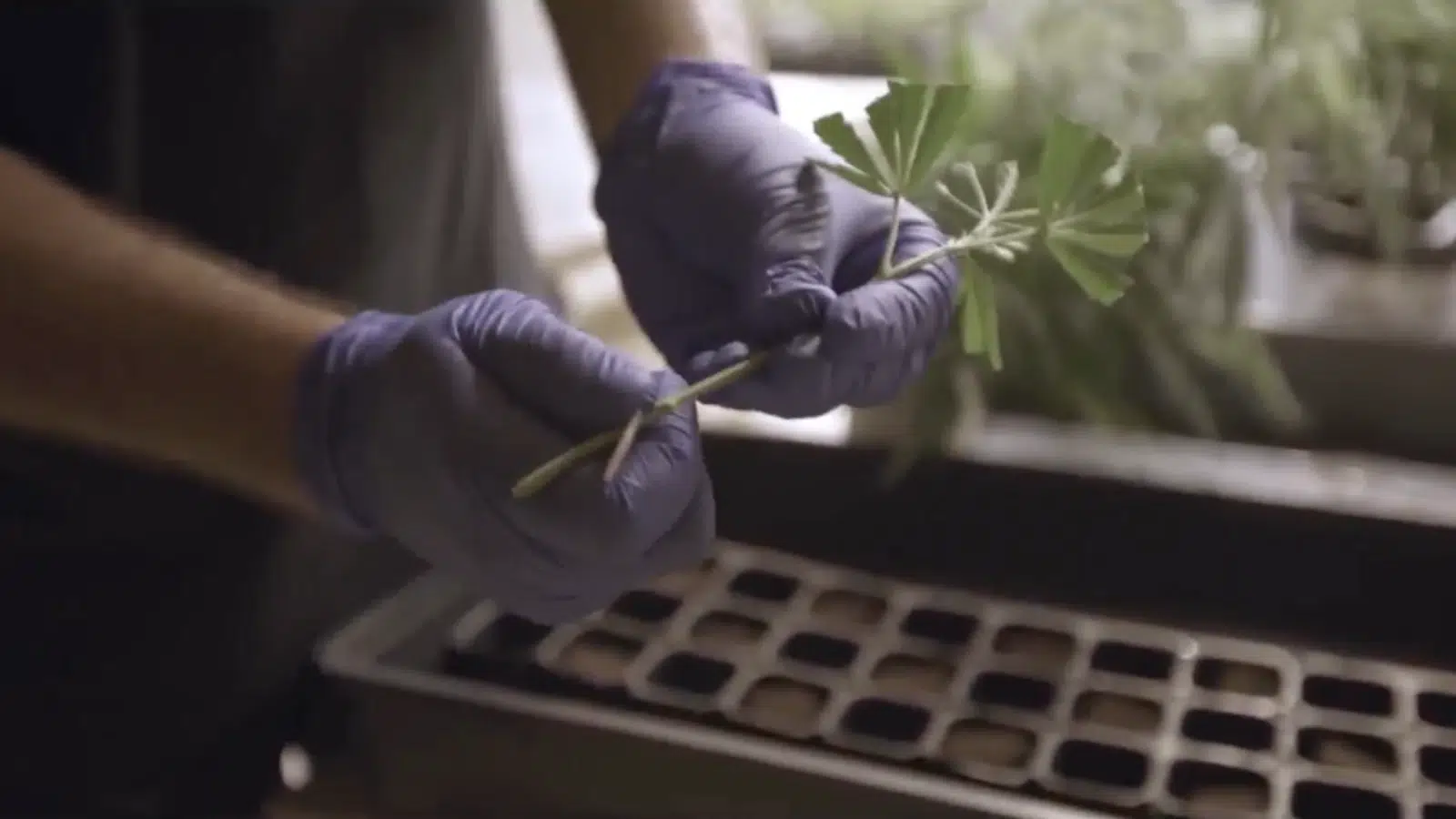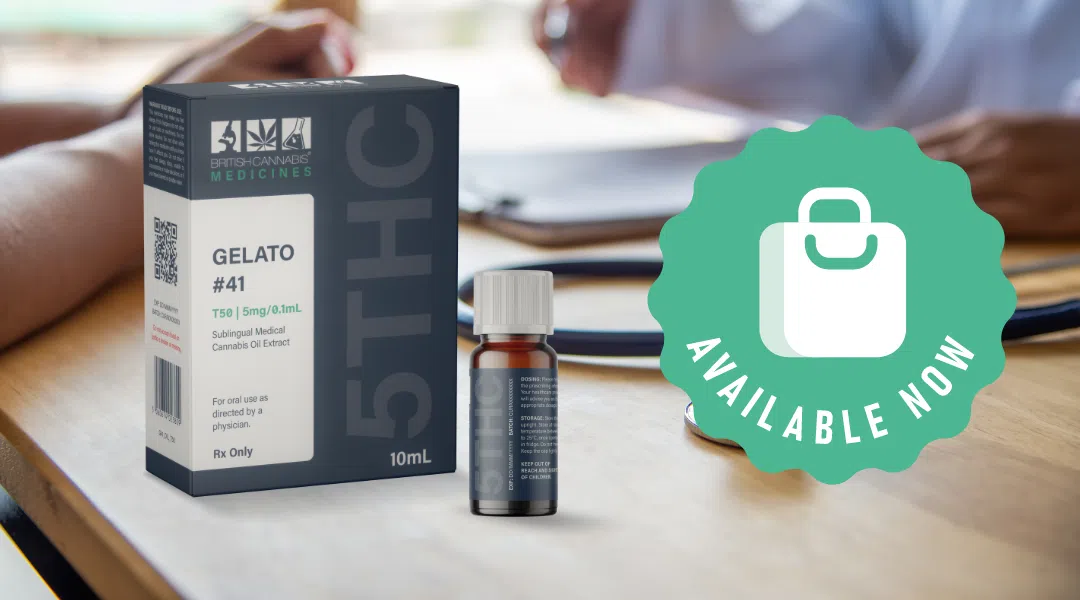
Cannabis Emerges as Lifeline Amid NHS Delays in ADHD Treatment, Charity Alarms Sounding
In a shocking revelation, ADHD sufferers in desperate need of support and treatment are turning to cannabis to take the edge off, a tragic consequence of grisly NHS delays, warns ADHD UK, a charity at the forefront of the struggle. “When you’re left high and dry by the NHS, you’re bound to reach for shadier alternatives,” lamented Henry Shelford, CEO of ADHD UK.
The Struggle with ADHD and NHS Delays
Shelford, who himself grapples with ADHD, highlighted the years-long void before formal medication becomes accessible, a trying period posing a stark test on individuals’ resilience. A hair-raising 18 weeks stand as the supposed target for appointments. In reality, however, nightmare stretches extending up to five years are far from uncommon, fuelled largely by soaring referrals. Alarmingly, a 400% leap in adults scouting for a diagnosis has been observed since 2020, according to the ADHD Foundation.
Key Takeaways:
- NHS delays triggering desperate self-medication with cannabis.
- Five years-long waits for ADHD appointments shattering 18 weeks target.
- 400% increase in adult referrals for ADHD diagnosis since 2020.
- Medical cannabis proving to be a saving grace for many.
ADHD, afflicting an estimated 2.6 million diagnosed individuals in the UK and suspected to be silently gnawing at an additional two million undiagnosed ones, is characterised by persistent attention deficits, impulsive tendencies, and hyperactivity.
The Impact of Cannabis on ADHD
Enter Kris Witham – Diagnosed with ADHD at the age of 29, the conventional alternatives – Ritalin, Elvanse, Melatonin, and talking therapy – failed to sprout desired results. Little did Kris know that he had been inadvertently using the most effective champion for his ADHD for almost 15 years – cannabis.
The impact of cannabis on his symptoms was no less than “life-changing,” shares Kris. While traditional treatment methods fell short, medical cannabis, now a part of his regular regimen, gave him newfound control over his symptoms, formerly noted to be crippling.
Cannabis consumption hasn’t been smooth sailing for Kris, who faced the moral dilemma of acting against the law. However, the undeniable benefits of cannabis, aiding him in activities ranging from school work to household chores, tipped the scales favourably.
BRITISH CANNABIS™ Weighs In:
While the law made strides towards acknowledging the potential of cannabis-based medication in 2018, allowing specialist doctors to officially prescribe such medicines under circumspective considerations, cannabis still nestles under the infamous ‘Class B’ list under the Misuse of Drugs Act.
But does this classification truly reflect the lifesaving potential this plant has proven to possess? From aiding in regular activities to promoting sleep, focus and calm, cannabis which was once stigmatised may eventually be recognised as a crucial medical ally. The journey of Kris is a testament to this, and we at BRITISH CANNABIS™ wholeheartedly invite the healthcare establishment to reevaluate its stance.
Healthcare businesses such as MaMedica which supplies cannabis to Kris argue that they are merely “plugging a gap” in the treatment approach that the NHS failed to meet.
A statement issued by a government spokesperson underlined the critical role of timely ADHD diagnoses and affirmed commitment to enhancing accessibility to treatment and mental health services by infusing an additional £2.3bn a year until March 2024. However, for many patients stepping near the precipice, a rapid and effective solution is the need of the hour, and cannabis might be the answer they are seeking.
In Conclusion
In conclusion, the wide-ranging debate on cannabis for medicinal use deserves an equal share of legal, medical, and ethical considerations. But the life-altering accounts of people like Kris and millions of others underscore the pressing need for a treatment revolution. Cannabis may well be the key.
Share this post
Newsletter







